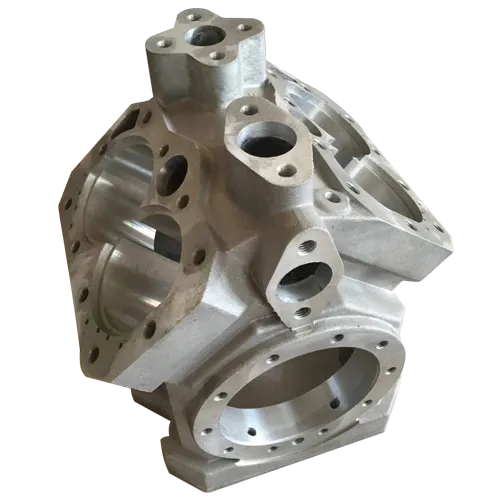Mobile:+86-311-808-126-83
Email:info@ydcastings.com
Exploring the Benefits and Techniques of Aluminum Casting in Modern Foundry Industries
The Importance of Aluminum Casting Foundries in Modern Manufacturing
Aluminum casting foundries play a vital role in the manufacturing industry, offering efficient solutions for producing complex and lightweight components. As industries increasingly seek materials that combine strength, durability, and lightweight properties, aluminum has emerged as a preferred choice. The unique characteristics of aluminum, including its corrosion resistance and high strength-to-weight ratio, make it an ideal candidate for numerous applications ranging from automotive parts to aerospace components.
The Casting Process
Aluminum casting involves several methods, including sand casting, die casting, and investment casting. Each method has its advantages and is chosen based on the requirements of the specific application.
1. Sand Casting This is one of the oldest and most versatile casting processes. It involves creating a mold from sand and then pouring molten aluminum into the mold. Sand casting is particularly useful for producing large parts and low-volume production runs.
2. Die Casting This process uses high pressure to inject molten aluminum into a reusable steel mold. Die casting is ideal for producing large quantities of precise and complex parts rapidly and economically, making it a staple in automotive manufacturing.
3. Investment Casting Also known as lost-wax casting, this process is excellent for creating intricate designs. It involves creating a wax model of the part, coating it with ceramic, and then melting the wax away to leave a mold for the aluminum. Investment casting is often used for components requiring high precision, such as aerospace parts.
Advantages of Aluminum Casting
The choice of aluminum for casting is driven by several key advantages
- Lightweight Aluminum is significantly lighter than steel, which translates to fuel savings and increased efficiency in transport and manufacturing.
aluminum casting foundry

- Corrosion Resistance Aluminum’s natural oxidation creates a protective layer, making it ideal for outdoor and corrosive environments.
- Thermal Conductivity Aluminum has excellent thermal conductivity, which is beneficial in applications such as heat exchangers and automotive components requiring heat dissipation.
- Recyclability Aluminum is 100% recyclable without loss of quality, making it an environmentally friendly choice. The recycling process consumes only 5% of the energy required to produce new aluminum.
The Role of Foundries
Aluminum casting foundries not only produce components but also provide invaluable expertise throughout the manufacturing process. They collaborate with engineers and designers to optimize designs for manufacturability, ensuring that products meet specifications while minimizing waste and costs.
Furthermore, foundries also test and refine their processes continuously, integrating new technologies such as computer-aided design (CAD) and computer numerical control (CNC) machining. This constant innovation allows foundries to stay competitive and meet the evolving needs of their customers.
Industry Applications
The applications for aluminum cast components are vast and varied. In the automotive industry, aluminum castings are used for engine blocks, transmission cases, and structural components, contributing to lighter and more fuel-efficient vehicles. In aerospace, aluminum castings are essential for components that require a low weight without compromising safety or performance. Other industries, including electronics, marine, and construction, also rely on aluminum casting due to its versatility and reliability.
Conclusion
As the demand for lightweight and durable materials continues to rise, aluminum casting foundries are more important than ever. They provide the necessary infrastructure to meet industry demands while driving innovation in manufacturing processes. With their ability to produce high-quality aluminum components efficiently and sustainably, foundries will undoubtedly maintain their pivotal role in shaping the future of manufacturing across various sectors.
-
Why Is Choosing the Right Motor Housing Critical for Engine Performance?NewsJul.18,2025
-
Which Impeller Types Best Optimize Your Pump’s Efficiency?NewsJul.18,2025
-
Optimize Maintenance Efficiency with Durable Oil Catch SolutionsNewsJul.18,2025
-
Maximize Pump Performance with Precision-Engineered ComponentsNewsJul.18,2025
-
Elevate Industrial Flow Systems with Precision-Engineered ComponentsNewsJul.18,2025
-
Boost Durability and Functionality with Precision Power CastingsNewsJul.18,2025











